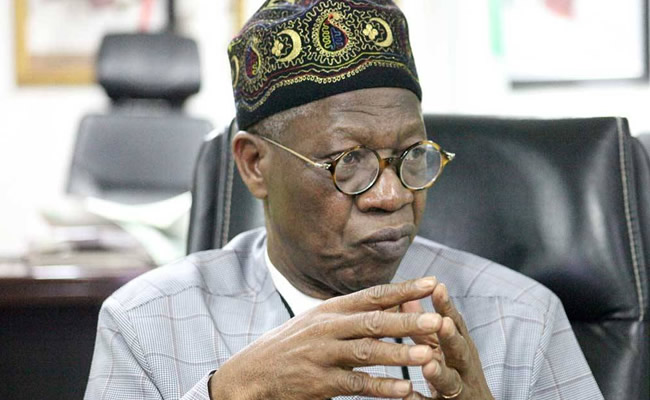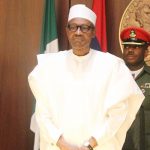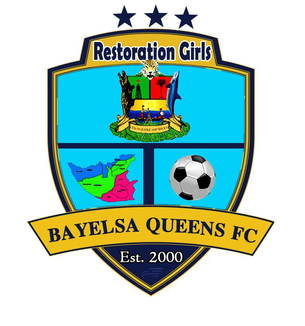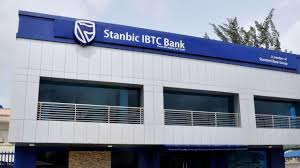Fuel subsidy unsustainable after 13 years – Lai Mohammed

The minister of Information and Culture, Lai Mohammed, has stated that fuel subsidy is unsustainable after 13 years of its budget.
Mohammed noted that the federal government has spent N10.413trillion from 2006 to 2019.
The minister said this at a briefing on Monday, September 7, in Abuja.
He said, “The cost of fuel subsidy is too high and unsustainable. From 2006 to 2019, fuel subsidy gulped N10.413trillion. That is an average of N743.8 billion per annum. “Government can no longer afford to subsidize petrol prices, because of its many negative consequences.
”These include a return to the costly subsidy regime. With 60% less revenues today, we cannot afford the cost.
READ ALSO: Tariff increase is for Nigerians consuming 12 hours electricity per day – Buhari
According to the minister, the subsidy rose from N257 billion in 2006 to a peak of N2. 105 trillion in 2011, before falling to N595 billion in 2019.
“The truth of the matter is that subsidizing fuel is no longer feasible, especially under the prevailing economic conditions in the country. The government can no longer afford fuel subsidy, as revenues and foreign exchange earnings have fallen by almost 60%, due to the downturn in the fortunes of the oil sector.
“Yet, the government has had to sustain expenditures, especially on salaries and capital projects. Even though we have acted to mitigate the effect of the economic slowdown by adopting an Economic Sustainability Plan, we have also had to take some difficult decisions to stop unsustainable practices that were weighing the economy down.
“One of such difficult decisions, which we took at the beginning of the Covid-19 pandemic in March – when oil prices collapsed at the height of the global lockdown – was the deregulation of the prices of PMS (Premium Motor Spirit otherwise called petrol).”
“In spite of the recent increase in the price of fuel to N162 per litre, petrol prices in Nigeria remain the lowest in the West/Central African sub-regions.
“The truth of the matter is that due to the problems with the largely-privatized electricity industry, the government has been supporting the industry. To keep the industry going, the government has so far spent almost 1.7 trillion Naira, especially by way of supplementing tariffs shortfalls.
“The government does not have the resources to continue along this path. To borrow just to subsidize generation and distribution, which are both privatized, will be grossly irresponsible. “But in order to protect the large majority of Nigerians who cannot afford to pay cost-reflective tariffs from increases, the industry regulator, NERC, has approved that tariff adjustments had to be made but only on the basis of guaranteed improvement in service.
“Under this new arrangement, only customers with guaranteed minimum of 12 hours of electricity can have their tariffs adjusted. Those who get less than 12 hours supply will experience no increase. This is the largest group of customers.”
Daily Times reports that President Muhammadu Buhari stated that only customers who get electricity for 12 hours and above per day would have their tariff increased.
Buhari also said the government revenue had shrunk by 60 per cent due to the COVID-19 pandemic but the government was not considering borrowing to fund subsidy for electricity and petrol.










